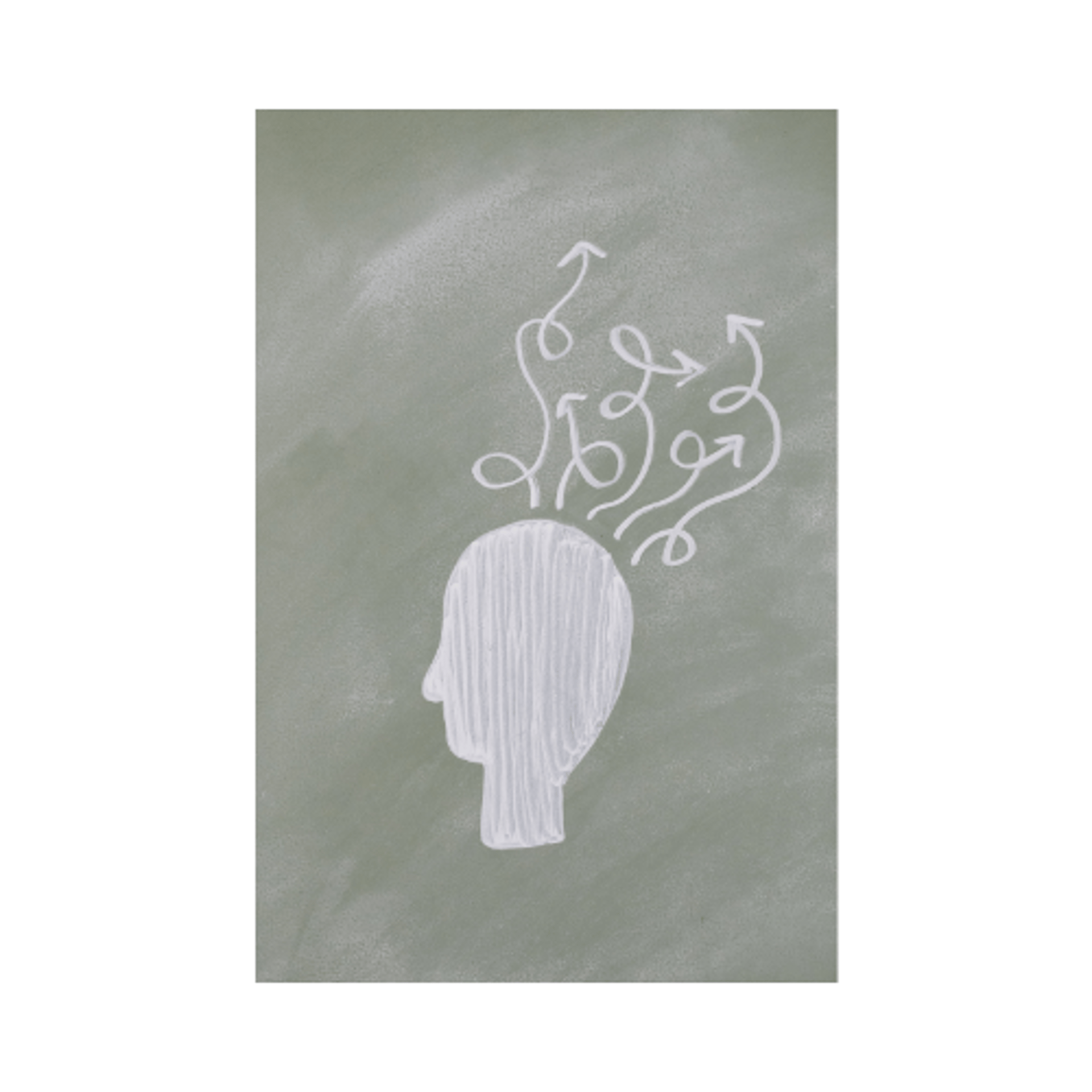Cognitive Flexibility: Master Adaptation Techniques
Explore the importance of cognitive flexibility in adapting during crises. Learn about cognitive traps that hinder adaptation and discover practical techniques to reduce stress, enhance analytical thinking, and find creative solutions for effective responses to change.
3/24/20254 min read


Introduction
A crisis is always a test of resilience. When fаmiliar systems stop working, people are faced with a choice: adapt or become stuck in fear and chaos. In such moments, mental flexibility becomes the decisive factor — the ability to shift strategies, see new opportunities, and make decisions even in uncertain conditions.
But what prevents adaptation? Why do some people quickly adjust while others freeze? And what cognitive traps lead to poor decisions during a crisis? That's what this article explores.
Mental Flexibility: The Key to Adaptation
What is cognitive flexibility, and why is it essential in a crisis?
Cognitive flexibility — also called mental flexibility — is the brain's ability to adjust thinking and behavior in response to new, changing, or unexpected situations.
The ability to adapt and shift thinking are core aspects of cognitive flexibility. However, these are not the same:
Cognitive flexibility refers to the capacity to adapt.
The process of cognitive shifting involves mechanisms that enable effective responses and behavior adjustments in line with new circumstances.
Cognitive flexibility plays a crucial role in learning and solving complex problems. It helps people quickly identify alternative strategies and adjust actions to meet changing demands.
In a crisis, people with flexible thinking:
Make decisions more quickly
Find unconventional solutions
Don't get stuck in fear or focus only on loss, but instead look for new resources
On the other hand, rigid thinking leads to problems: people cling to old strategies even when they no longer work.
Connection to Analytical Thinking and Intuition
Mental flexibility is closely linked to analytical thinking and intuition, which complement each other in decision-making.
Analytical thinking helps structure information, identify logical patterns, forecast developments, and build rational strategies. It is especially helpful when breaking down complex problems and making fact-based decisions.
Intuition works faster. It draws on unconscious processing of accumulated experience and immediate assessment of a situation. This is especially helpful during crises when there's no time for deep analysis and quick direction is needed.
Mental flexibility helps balance both:
When there is time — analyze
When time is limited — rely on intuitive judgment
When the situation is uncertain — explore alternative paths
Without flexibility, a person may either get stuck in over-analysis or rely entirely on intuition, risking poor decisions. The ability to adjust one's thinking style to the context is key to making effective choices in uncertain conditions.
Core Traits of Highly Flexible Thinkers
Quick adaptation — they make fast decisions, learn easily, and adjust well to change
Resilience to change — they maintain effectiveness while adjusting strategies as needed
Task switching ability — they easily shift from one task to another and adapt to new contexts
Broad perspective — they consider different viewpoints, identify hidden links, and analyze problems from multiple angles
Willingness to revise plans — they see mistakes and chanes not as failure, but as a natural part of adjusting strategy
How Cognitive Flexibility Relates to Intelligence and Empathy
Cognitive flexibility is one of the most important factors in intellectual development. It is closely related to metacognition and the brain's executive functions, which help us build strategies, adjust behavior, and stay goal-oriented.
High cognitive flexibility enables people to consider other viewpoints, values, and ideas, helping them understand others and evaluate alternatives beyond their own. For this reason, cognitive flexibility is also crucial for developing empathy, improving interpersonal understanding and social interaction.
Cognitive Traps That Block Adaptation
In times of crisis, cognitive biases tend to become stronger and lead to thinking errors.
Common traps:
Tunnel vision — seeing only one scenario and ignoring alternatives
Confirmation bias — selecting only information that supports current beliefs, even if they are wrong
Illusion of control — trying to manage things beyond one's influence
Decision paralysis — fear of making the wrong choice leads to inaction
The higher the stress level, the stronger these distortions. That's why crises require not rigidity but flexibility and adaptability.
How to Develop Mental Flexibility and Adapt Faster
Mental flexibility is not an innate gift — it's a skill that can be developed.
Techniques for strengthening mental flexibility:
Perspective shifting — view the situation from someone else's point of view: what opportunities and risks do they see? This broadens your view and breaks fixation on one option.
"What if..." hypothesis strategy — ask exploratory questions and consider multiple possibilities, even unlikely ones.
Scenario planning for crisis situations — outline best-to-worst-case outcomes in advance. This reduces fear and helps prepare for action.
Temporal distancing — ask yourself: "How will I see this situation in a year?" This lowers emotional pressure and supports rational thinking.
Real-World Examples
History shows that flexible thinking enables people and organizations not only to survive but to find new opportunities.
Netflix: In the early 2000s, the company was on the verge of collapse but pivoted from DVD rentals to online streaming and became a global leader.
Post-World War II Japan: Despite major losses, the country rebuilt through technological innovation and rose to global prominence.
Career changers over 40: People who see crisis as a chance for growth successfully learn new professions and continue to evolve instead of freezing in fear.
Bottom line: Crisis doesn't just destroy the old — it can be the starting point for something new.
Conclusion
Mental flexibility is not just a survival tool and a path to growth in uncertain times. In a crisis, it helps avoid fear-based paralysis and supports finding new strategies and solutions.
Remember:
Crises are inevitable — but we can prepare for them
Flexible thinking allows us not only to adapt but to find benefits where others see only losses
This skill can be developed deliberately — by shifting perspectives, exploring alternatives, and learning to recognize thinking traps
Flexibility is not passive acceptance — it's active engagement with reality. It's what turns crisis from a threat into a starting point for growth.

Key Pitfalls of Analytical Thinking Explained
Discover the major pitfalls of analytical thinking, including correlation and causation errors, confirmation bias, and cognitive biases. Learn how these factors influence decision-making and how to avoid common thinking errors for better analysis.
Footer
Psychological services in crisis moments of life.
Contacts
About us
E-mail: info@krysyspsycholog.com
Call or Message via WhatsApp
© 2025 All rights reserved. Privacy Policy | Terms of Use | Cookie Policy
